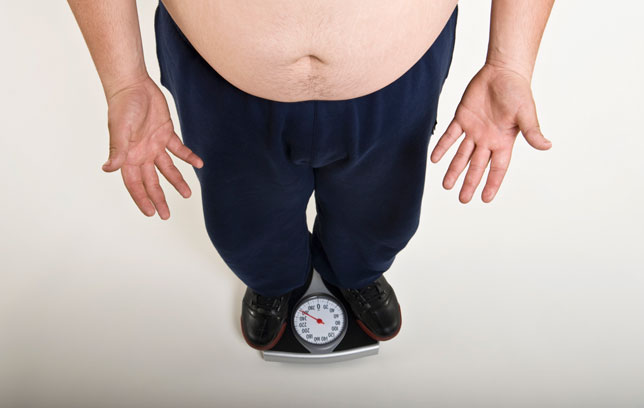How Stress Can a Hormonal Imbalance
Stress is a normal part of life, and it can be beneficial in small amounts. However, chronic stress can wreak havoc on your physical and mental health, including your hormones.
How does stress affect hormones?
When you're under stress, your body goes into "fight or flight" mode. This is a natural response that helps you to protect yourself from danger. During this response, your body releases hormones such as cortisol and adrenaline. These hormones increase your heart rate, blood pressure, and breathing, and they also divert energy away from non-essential functions, such as digestion and reproduction.
If you're under chronic stress, your body stays in "fight or flight" mode for too long. This can lead to a number of health problems, including hormonal imbalances.
How can hormonal imbalances affect your health?
Hormonal imbalances can affect many aspects of your health, including your:
* Menstrual cycle. Stress can cause your menstrual cycle to become irregular or even stop.
* Fertility. Stress can make it more difficult to conceive.
* Weight. Stress can lead to weight gain or loss.
* Mood. Stress can cause anxiety, depression, and irritability.
* Sleep. Stress can make it difficult to fall asleep and stay asleep.
* Energy levels. Stress can leave you feeling tired and fatigued.
* Skin. Stress can cause acne, eczema, and other skin problems.
* Hair. Stress can cause hair loss.
What can you do to reduce stress?
There are many things you can do to reduce stress, including:
* Exercise. Exercise is a great way to relieve stress and improve your overall health.
* Relaxation techniques. Relaxation techniques, such as yoga, meditation, and deep breathing, can help to calm your body and mind.
* Spend time with loved ones. Spending time with loved ones can help to reduce stress and boost your mood.
* Get enough sleep. When you're sleep-deprived, you're more likely to feel stressed.
* Eat a healthy diet. Eating a healthy diet can help to improve your overall health and well-being, which can also help to reduce stress.
* Avoid caffeine and alcohol. Caffeine and alcohol can both increase stress levels.
If you're experiencing chronic stress, it's important to talk to your doctor. They can help you to develop a plan to manage your stress and improve your overall health.
Here are some additional tips for managing stress:
* Set realistic goals for yourself.
* Learn to say no to new commitments.
* Delegate tasks whenever possible.
* Take breaks throughout the day.
* Spend time in nature.
* Listen to calming music.
* Read a book.
* Take a bath.
* Get a massage.
By following these tips, you can help to reduce stress and improve your overall health and well-being.
-
Smoothie King Almost Duped Me!
I almost lost at my own game. This is serious, but my mistake can REAL
-
Train for Life Challenge
Leave the crunching to the accountants. If you want to reveal your six
-
Abs Diet- Weight Loss and BMI
For years, obesity researchers used a standard called the body-mass in
-
The Real Reason You’re Gaining Weight
Can’t figure out why on earth you keep gaining weight? Before you star
-
Abs Diet: Sprint Workout
Youre not going to get fast unless you have sprinters stamina. Heres a
-
Is Organic Food a Waste of Money?
The organic vs. conventional debate rages on … and will continue to f
- Men Lose Weight
- Burn Fat Faster with Vitamin D:
- Exercise Plan to Increase Metabolism
- 8 Simplest Diet Fixes Ever!
- The Snacking Trick You Fall For
- Abs Diet: Quick Circuit Workout
- Eat MORE to LOSE More!
- Weight Gain For High Metabolism
- Your Friends Can Make You Fat
- Avoid These Belly-Bulging Foods
- The Truth about Calories:



